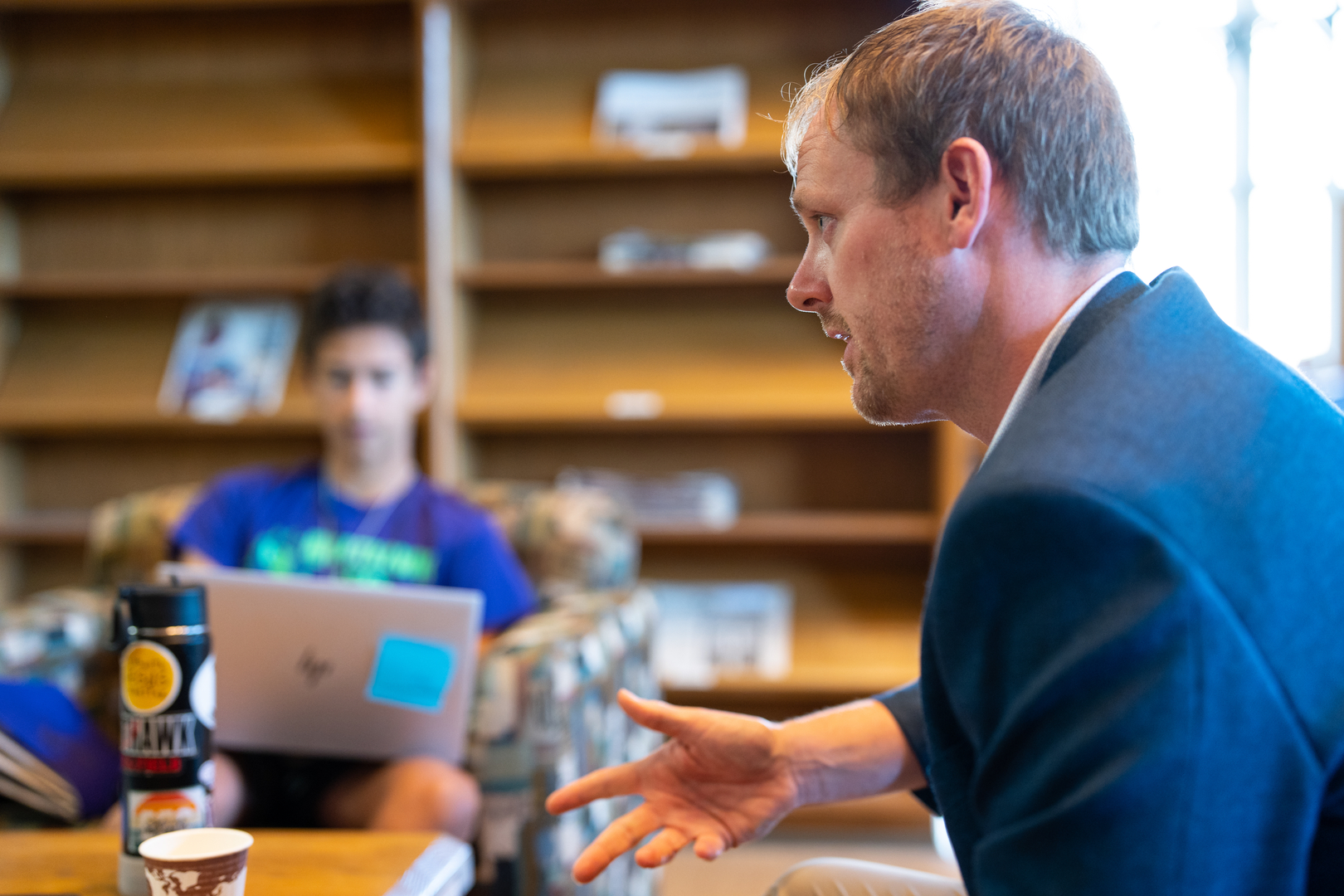Minnesota’s rural communities face increased rates of suicide compared to their urban counterparts. Mental health professionals don’t know why, but say the startling statistic shows the need for mental health care services in the state’s rural reaches.

“There is very little empirical evidence to suggest why there is a disparity,” said Thad Shunkwiler, the founding director of the Blue Cross and Blue Shield of Minnesota Center for Rural Behavioral Health.
A primary problem is the shortage of mental health care resources for rural Minnesotans. Even though the state’s rural and urban residents experience similar life stressors, Shunkwiler said, there are more resources in urban areas.
The state’s urban centers contain 54% of the state’s population but have 80% of all the practicing mental health providers, Shunkwiler said. That means nearly half of Minnesotans share about one-fifth of the state’s mental health providers.
There also aren’t many clinics near rural communities. A mental health center in rural Minnesota may have to serve a 60- to 80-mile radius, Shunkwiler said.
The need for services had been growing over the past decade, but was exacerbated during the pandemic because people started paying more attention to their mental health, Shunkwiler said.
Part of the solution in addressing the resourcing disparity between urban and rural areas is expanding the ranks of behavioral health providers in Greater Minnesota. That’s why the center, based in Mankato, created a fellowship program to train more of them. If they commit to working in underserved communities, the fellows will have their graduate education paid for.
Two students are currently enrolled in the program, which is funded by a $600,000 grant from Blue Cross and Blue Shield.
“When I think of an impactful story, it’s literally that, if nothing else, there are two more providers that are going to serve areas that desperately need them after this program,” Shunkwiler said.
The Mankato center also received $1.5 million from the Minnesota Legislature this year to establish a mental health training clinic to allow students going into this field to get real-world experiences. All these efforts are aimed at providing more means of preventative mental health care to rural Minnesotans.
“People don’t go from feeling well to suicidal overnight. And so there are many opportunities to intervene along the way,” Shunkwiler said. “So how do we prevent people from getting to that place where that appears to be the only outcome? Really that is about getting mental health resources in people’s hands.”
He’s also doing his part by teaching the next generation of rural behavioral health providers. In addition to his duties as director of the center, Shunkwiler is an associate professor in the Department of Health Science at Minnesota State University, Mankato.
“As a teacher, I essentially get to impact hundreds, if not thousands, of patients by training the next generation of providers who will go out and provide services to dozens of people who I will never meet,” Shunkwiler said.
He will consider the fellowship program a success if the number of mental health care providers increases in rural areas and if survey results show that mental health challenges are declining in the region.
“I’m not going to suggest that if those two things happen, it’s only because of the work that we’re doing,” Shunkwiler said. “There’s a lot of people doing this work. But I think those are two very tangible data points that we can point to and say things are getting better.”
If you or someone you know is struggling and needs mental health resources, the number for the National Suicide Prevention Lifeline is 988. Call **CRISIS to access the Minnesota crisis line or 833-600-2670 for the Minnesota Farm & Rural Helpline.
ThreeSixty Journalism students are passionate about mental health and how it impacts their community, which is why the stories produced at News Reporter Academy this summer are so important. In partnership with the Center for Prevention at Blue Cross and Blue Shield of Minnesota and led by MinnPost, students are profiling mental health resources in underrepresented communities. This resource guide highlights important people and organizations doing mental health work throughout the Twin Cities. Click to read more stories.
Rural Behavioral Health Featured at TV Camp, Too!
